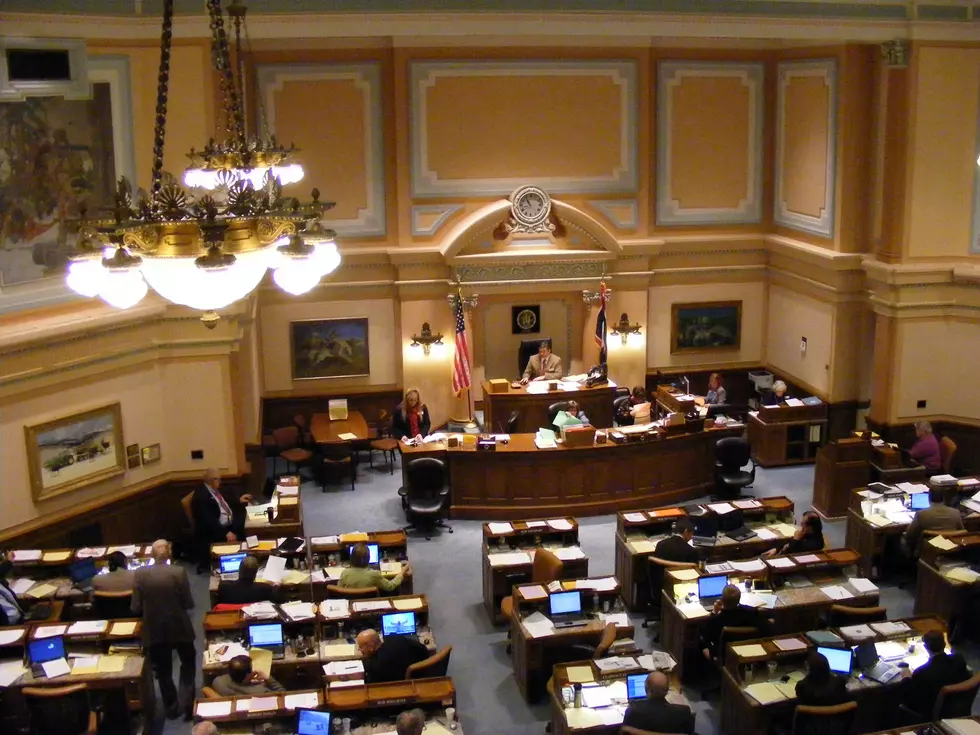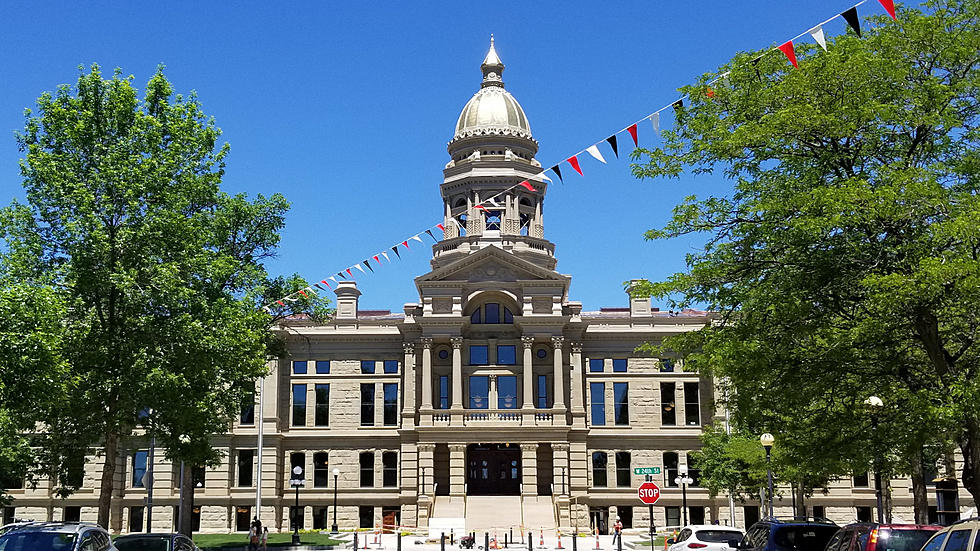
Wyoming Lawmakers Reach Tentative Budget Deal
The Wyoming House and Senate have hammered out a budget deal that includes smaller cuts in education funding than other bills pending in the legislature.
But whether it will actually be approved still remains an open question, and lawmakers could still opt for more stringent cuts in school funding instead.
The agreement reached on Friday by negotiators for the two houses would cut $45 million from school funding over the next two years. A $25 million cut would take place on July 1, 2017, and another $20 million would be slashed from the education budget on July 1, 2018.
That compares with a proposed $91 million in school funding cuts that was put forward in the Senate supplemental budget bill. Laramie County School District # 1 Superintendent John Lyttle said recently that proposal had school districts across the state "really worried."
House Bill 236, approved by the state house, had much smaller cuts in education funding, which Lyttle said was still problematic, but much preferable to the Senate proposal. The house version of that bill included a .05 percent sales tax which would kick in when the state's rainy day fund fell to $500 million.
That fund currently stands at $1.6 billion, and it would help cover an annual school funding shortfall that is estimated at somewhere between $360 million and $400 million annually based on current trends.
But the state Senate amended HB 136 to take out the sales tax measure earlier this week.
Meanwhile, a house committee on Friday made so many changes to the Senate funding plan that they ended up producing a substitute bill that would implement about $82 million in cuts over the next two years. It would also reinstate a state sales tax on groceries, which hasn't been levied in Wyoming in many years.
The implementation of the compromise budget agreement would require the defeat of the other budget proposals because those bills include cuts that are much larger than the $45 million included in the new proposal.
It remains to be seen whether legislators will vote against the larger cuts in favor of the compromise bill.
More From KGAB









